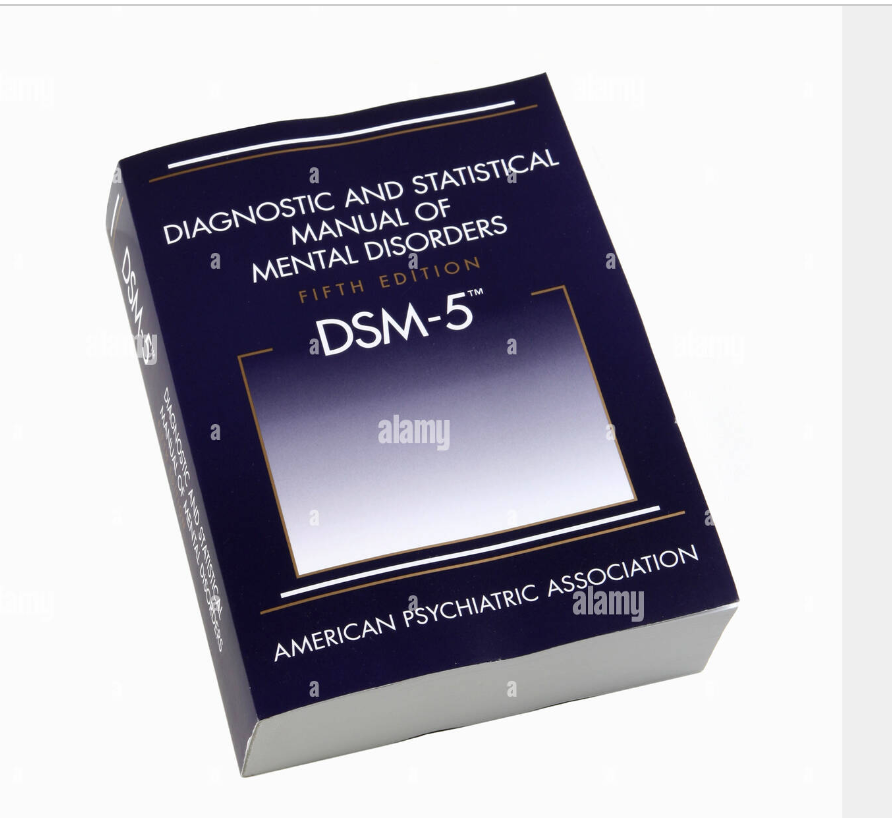Other than the obvious onset of the mental disorder itself, postpartum depression is one of those illnesses that is hard to predict, and according to published records, may be even harder to insure against. After a government panel recommended that pregnant women be screened for depression, life and disability insurance companies have penalized some of these women by lumping them with a larger pool of people suffering from general depression. Since insurers to not have actual data to show that postpartum depression can be episodic, insurance companies claim they have little choice but to lump these new mothers in with patients who may suffer a much longer term of depression.
Predicting postpartum depression requires the skills of a fortune teller. Oftentimes, women are fine after a first-birth, and suffer after the birth of their second child without rhyme or reason. According to Ron Lieber, writing for today’s New York Times, “the life insurance companies are trying to calculate the odds of you killing yourself, and the disability underwriters are trying to guess the likelihood you will not be able to work because of mental illness in the future.”
Insurance companies point to the lack of data on this subject. But a legitimate conundrum for women is this, writes Mr. Lieber: “Now that untold numbers of additional women are going to learn that they have mild to moderate postpartum depression because of increased screening, there isn’t a satisfactory answer to the question of whether they ought to pay more life and disability insurance afterward.”





Leave A Comment